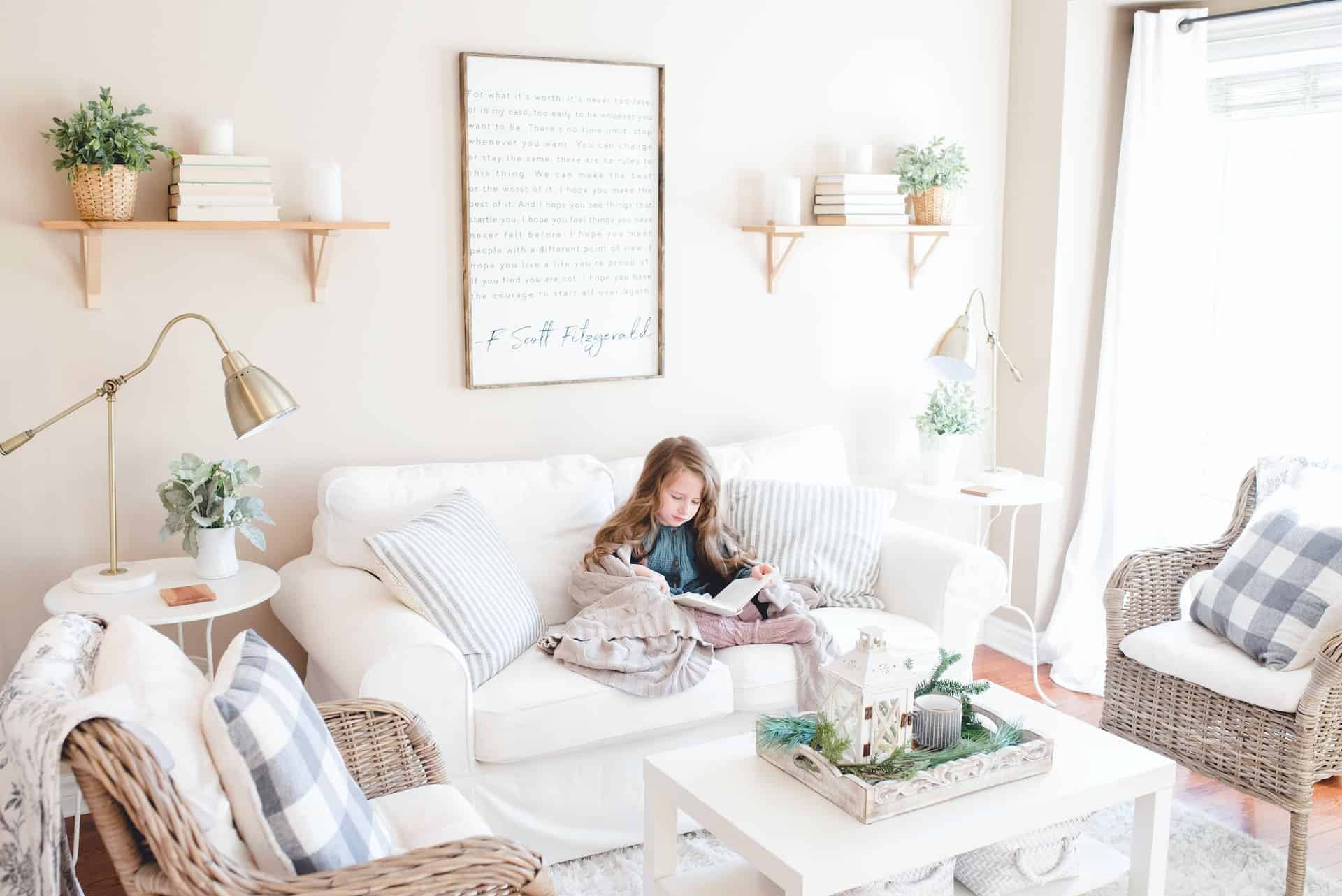
Experts believe indoor air quality has been neglected in the fight against CO-VID-19, especially since many people have stopped wearing their masks.
With the pandemic lingering, and Covid variations expected to crop up regularly for the foreseeable future, it is now more crucial than ever for people to take the quality of the air they inhale into deeper consideration.
A survey by Shelly Miller, a professor at the University of Colorado, shows that the COVID-19 virus is mostly transmitted indoors through airborne particles. “Small household gatherings are driving much of the recent surge in cases,” she says.
Although wearing masks and entertaining guests outside your home can help prevent the spread of the virus, she posits that another effective way is by using an air filter or cleaner. This indoor air quality researcher believes air filtration is a backup plan in cases where the ventilation of your space is low.
Aside from homeowners, academic institutions have been seeking ways to improve their air quality. In 2021, Mark Hernendez led a team that installed HEPA filters across schools to prevent the transmission of CO-VID-19 and ensure that children learned in a conducive environment without any threats to their health.
Although the initial aim was to create a hedge against the CO-VID-19 virus, quality indoor air filtration units also protect people from airborne viruses. An air filter also works for asthma patients because it traps allergens and unwanted particles like dust that can irritate. (Note: an air filter is not the same as a humidifier – learn the differences here.)
In January 2022, university students in Arizona used Corsi-Rosenthal (also known as DIY boxes) boxes to filter the air in their classrooms. These students used supplies from stores that cost about $60 to $70. With the help of Maria Levitus, a professor in Molecular Sciences, the team led by Megan Jehn, created boxes that filtered the air.
I have grown increasingly concerned about the quality of the air in our homes, and their negative effects on our health,” says Melvin Lapp, founder of AllHealthyInfo.com, “so I created this website to help inform consumers.”
Even with the effectiveness of air filters, one cannot fully guarantee that people will be protected from the virus. Additional effective measures include social distancing, wearing masks, reducing the number of people in tight spaces, and keeping surfaces clean.
“Air filters are a smart additional advantage that people can use to protect themselves and their families,” asserts Lapp.